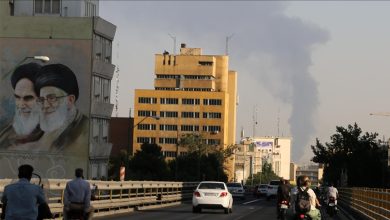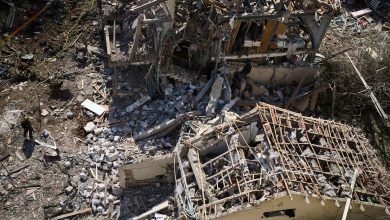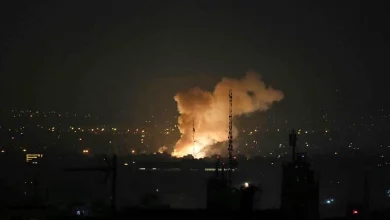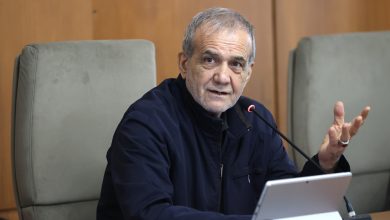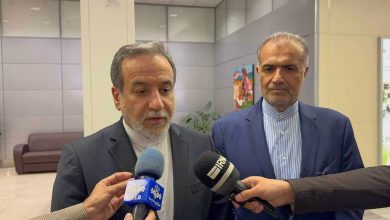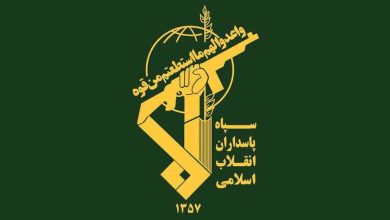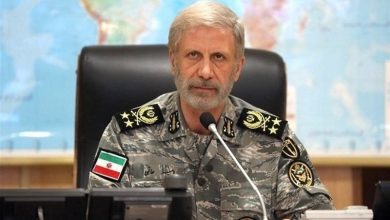Muslims across Malaysia are marking the holy month of Ramadan with joyful celebrations
In Malaysia, where over 61% of the population practices Islam, the observance of the holy month of Ramadan is marked by vibrant cultural activities. Citizens don colorful attire, participate in communal prayers, and establish Ramadan bazaars, adding a festive atmosphere to the solemnity of the month.
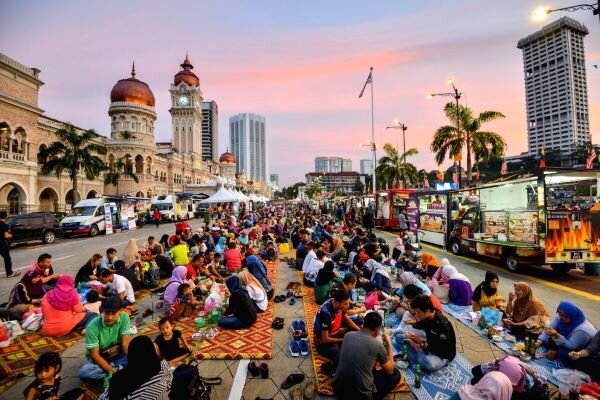
Muslims globally commemorate Ramadan, the ninth month of the Islamic calendar, by embracing a variety of unique traditions and customs. Each community celebrates the sacred month with its own distinctive practices.
The commencement of Ramadan is marked by the appearance of the crescent moon, ushering in a period dedicated to spiritual reflection, acts of charity, and prayer. Globally, Muslims observe this holy month by fasting from dawn to dusk, refraining from consuming both food and liquids, and avoiding practices such as smoking, gossiping, and arguing. It is during the nighttime that the true essence of Ramadan unfolds.
In Malaysia, where over 61% of the populace adheres to Islam, the month of Ramadan holds significant cultural and religious importance. Much like in other Muslim-majority nations, daily fasting is concluded with the evening meal, known locally as “berbuka puasa.” This practice serves as a pivotal moment during the holy month, reflecting both personal devotion and communal spirit.
For those unacquainted with tropical climates, observing Ramadan in Malaysia can present significant challenges due to the frequent hot and arid conditions characteristic of the month. Nevertheless, the experience of Ramadan in Malaysia offers its unique advantages, characterized by a notably warm and welcoming atmosphere.
In the states of Melaka, Johor, and Kedah, the first day of Ramadan is officially recognized as a public holiday. Throughout the month, many businesses and offices adjust their operating hours, typically closing at least an hour earlier. This change often leads to increased traffic congestion as commuters make their way home to prepare for the evening meal, or iftar, which marks the daily breaking of the fast.
Ramadan holds significant religious importance for Muslims in Malaysia, officially commencing with an announcement by the Minister of Religious Affairs. Following this declaration, there’s a notable increase in street activity, particularly in areas renowned for selling dates, nuts, and other traditional foods associated with the holy month.
In a demonstration of cultural and religious harmony, vendors from Buddhist and Hindu communities are actively participating in the preparations for Ramadan by offering a selection of goods suited for the holy month in their marketplaces.
With the official commencement of Ramadan, local municipalities embark on a cleansing operation, thoroughly spraying the principal streets with water and ensuring the cleanliness of major squares. Additionally, decorative elements, including electric lamps, are meticulously installed on mosques and prominently displayed throughout the streets.
In a display of community spirit, Muslims are exchanging warm greetings, while shop owners have adorned their establishments with signs bearing congratulatory messages, including the traditional phrase “Ramadan Mubarak”.
In Malaysia, the Muslim community is partaking in the Holy month of Ramadan with great joy and enthusiasm. This sacred period, marked by fasting, prayer, and reflection, is being celebrated by many across the nation with a sense of unity and spiritual devotion.
**Malaysian Ramadan Bazaars Showcase Diverse Culinary Offerings**
A hallmark of Ramadan in Malaysia is the widespread presence of Ramadan bazaars, which can be found in nearly every part of the nation. These markets present a vast selection of appetizing dishes, providing a rich culinary experience for those looking to break their fast.
The Bazaar Ramadan in Malaysia holds a special place in the hearts of its people, serving as a bustling hub where residents flock to indulge in an array of exotic culinary delights. Among the popular offerings are traditional dishes such as Nasi Kerabu and Pulut Panggang, alongside unique beverages that are rarely available outside of the festive period.
It is virtually impossible for anyone to sample all the culinary offerings at the Bazaar, owing to the rich cultural diversity present in Malaysia.
A vibrant scene unfolds in Malaysia as Muslims observe the Holy month of Ramadan with great enthusiasm and joy. The community comes together in celebration, marked by profound spiritual devotion and communal gatherings. The atmosphere is festive and reflective, encapsulating the essence of this sacred time.
Night markets have emerged as favored destinations for dining enthusiasts seeking vibrant culinary experiences after sunset. These bustling hubs welcome the public, providing an array of affordable street food options for those ending their daily fast. Meanwhile, in the early hours, certain coastal locations, like Batu Burok Beach in Kuala Terengganu, become venues for suhoor gatherings. Here, vendors offer picnic-style delights to diners preparing for the day ahead before dawn breaks.
A photograph capturing the vibrant celebration of Holy Ramadan by Muslims in Malaysia showcases the joy and unity during the sacred month. The image depicts the communal spirit and cultural richness as adherents come together to observe Ramadan with fervor and devotion.
The “Ramadan Bazaar” is a festive event celebrated within residential communities, particularly in urban areas, where various foods traditionally prepared during the holy month of Ramadan are showcased.
It is common to observe individuals outside the Muslim community eagerly purchasing a diverse array of foods at these festivals, drawn by the unique culinary offerings available only annually. Among the selections are an assortment of grilled and boiled halal meats, seasoned with spices and curry. Additionally, festival-goers can indulge in popular dishes such as kebabs, shawarma, qatayef, and various preparations of mushrooms.
Bubur Lambuk is a traditional Malaysian dish widely enjoyed, particularly during the holy month of Ramadan. This savory porridge, often prepared with aromatic spices, tender meat, and fragrant herbs, is a staple in iftar meals, offering both comfort and nourishment to those observing the fast.
In Malaysia, a cherished Ramadan custom involves the preparation and dissemination of ‘bubur lambuk’, a distinctive porridge enriched with coconut milk, meat, condiments, and spices. This hearty dish serves as a fulfilling meal for iftar, often offered to those in need.
Prior to the Maghrib prayers at sunset during Ramadan, the vicinity of mosques witnesses significant crowding, as complimentary Ramadan meals, including Bubur Lambuk, are distributed to the public.
Numerous mosques throughout Malaysia are set to receive substantial donations aimed at supporting a range of activities, including the preparation of Bubur Lambuk for the entirety of the Ramadan period.
A recent image captures the vibrant celebrations of Muslims in Malaysia as they partake in the holy month of Ramadan. The photograph, featured prominently, depicts the community engaging in festivities and spiritual observance with a sense of joy and unity during this significant period on the Islamic calendar.
**Ramadan Observances and Eid Al-Fitr Celebrations in Malaysia**
Malaysia is bustling with a series of activities and cultural events as the holy month of Ramadan unfolds, culminating in the festive celebration of Eid Al-Fitr. During this period, Muslims across the nation engage in fasting, reflection, and communal prayers. As Ramadan progresses, night markets, known as ‘bazaars,’ become vibrant hubs where traditional foods and goods are enjoyed by families and communities. The culmination of Ramadan is marked by Eid Al-Fitr, a significant religious holiday celebrated with special prayers, charitable acts, and gatherings that strengthen familial and community bonds.
During the holy month of Ramadan, Muslims organize various competitions, including those focused on contemporary fiqh (Islamic jurisprudence) and Quran memorization. These events culminate in grand ceremonies where prizes are awarded to the victors. The ceremonies often feature prominent attendance, including officials from the Ministry of Religious Affairs.
In the final ten days of Ramadan, a significant number of men engage in spiritual seclusion within mosques across Malaysia, where they receive drinks and beverages as part of a deeply rooted tradition of solidarity observed during this holy month. In the days leading up to Eid, Malaysian youths organize committees within mosques to collect Zakat, an obligatory form of almsgiving, aimed at assisting the underprivileged, thereby strengthening communal ties and spiritual devotion as the month concludes.
In Malaysia, the Muslim community is engaging in vibrant and joyous celebrations during the Holy month of Ramadan.
Eid al-Fitr, referred to as Hari Raya Puasa in Malaysia,
On the eve of Eid, government officials embark on a mission to observe the new moon. If the moon is sighted, an announcement is made on national television declaring the following day as Eid.
On the occasion of Eid, it is customary for individuals to don traditional attire, with men opting for the baju melayu and women for the baju kurung. In Malaysia, the festival is marked by the tradition of hosting open houses, a practice that allows friends, family, and neighbors—regardless of their faith—to visit, share a meal, and partake in the festive spirit.
During the month of Ramadan, many women embark on the tradition of sewing elegant curtains and purchasing new attire for their families. Additionally, some households undertake renovations to enhance the appearance of their homes in anticipation of guests during the festive period. Following the completion of their month-long fast, Muslims jubilantly celebrate Hari Raya Puasa, marking the end of Ramadan with joy and festivity.
On the morning of the festival, members of the Muslim community don new attire and assemble at mosques for prayer. During this solemn occasion, they express gratitude to God and subsequently seek forgiveness from their elders.

